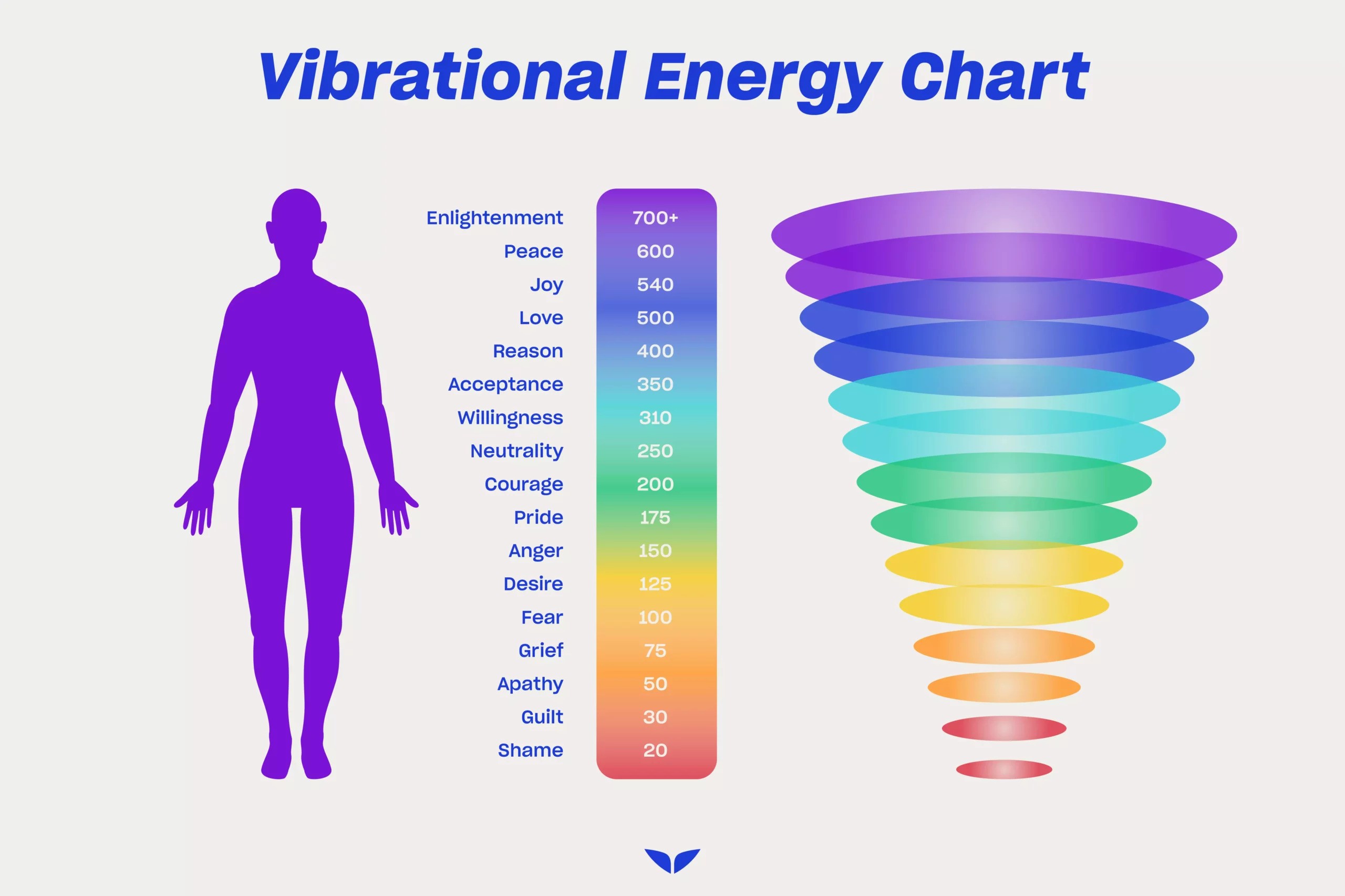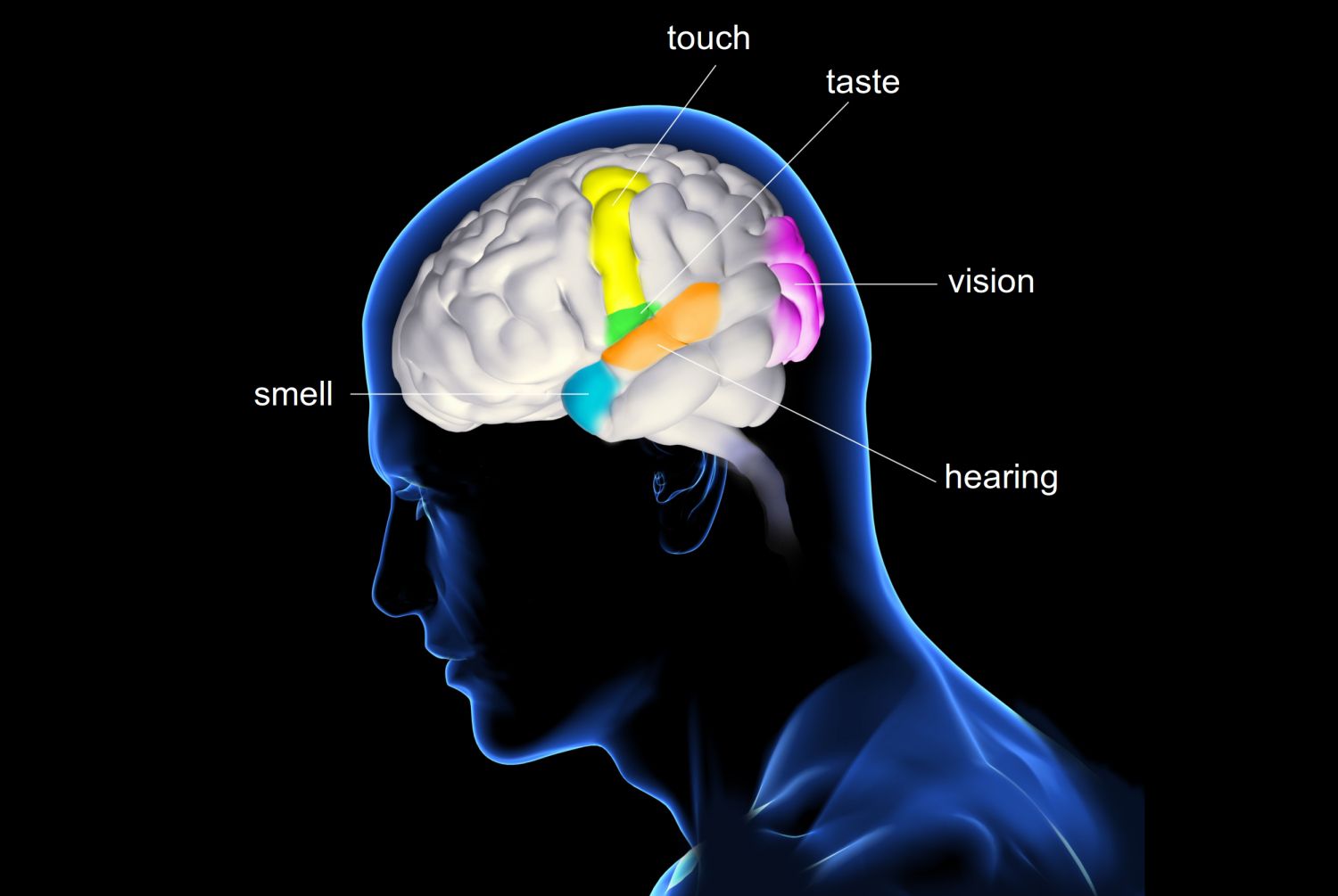Can Meditation Help You Lose Weight?
Meditation is a practice that aids in the connection of the mind and body in order to attain a state of serenity. People have been meditating as a spiritual practice for thousands of years. Many people nowadays utilize meditation to relieve stress and become more conscious of their thoughts.
When it comes to eating, weight management, and overall health, it is critical to understand the mind-body connection. Our stressful, crammed schedules may physically be dragging us down. According to a recent poll, 38% of respondents reported eating or overeating to deal with or avoid stress in the previous month.
If this is a sensation or behavior that you can identify with, you are not alone. The good news is that there are actions you can take to help you control or reduce weight, and one of them is meditation for weight loss.
How to practice meditation for weight loss
Make sure you have a peaceful area to go to during these ten minutes. If you have children, you may want to schedule it before or after they wake up or before they go to bed to avoid distraction. You could even try it in the shower.
Make yourself at home once you've found a quiet spot. You can sit or lie down in any position that feels comfortable to you.
Begin by concentrating on your breathing, paying attention to how your chest or stomach rises and lowers. Feel the air as it enters and exits your mouth or nose. Pay attention to the sounds that the air creates. Repeat for a minute or two, or until you begin to feel more relaxed.
Then, with your eyes open or closed, perform the following steps:
- Take a long, deep breath in. Hold it for a few seconds.
- Exhale slowly and repeat.
- Breathe normally.
- Observe your breath as it enters your nose, lifts your chest, or moves your belly, but make no changes to it.
- Continue to concentrate on your breathing for 5 to 10 minutes.
- Your thoughts will wander, which is entirely normal. Simply admit that your mind has wandered and return your focus to your breathing.
- Consider how readily your attention drifted as you begin to wrap things. Then, notice how simple it was to return your attention to your breath.
How Can Meditation Help You Lose Weight?
Meditation is frequently dismissed because individuals wonder how sitting and not burning calories will help them lose weight. However, our bodies are a reflection of what is going on in our minds. If our primary goal is to lose weight, we isolate ourselves from the emotional and mental beings that we are, which hinders us from comprehending why the weight is appearing in the first place.
According to studies, the successful clients who lose weight and keep it off are the ones who do the inner work. They're ready to tackle their thoughts, feelings, self-esteem, and self-perception. They're willing to unearth emotional triggers and past experiences that have resulted in an unhealthy weight and/or connection with food.
Sitting quietly allows people to go through their thoughts, question their limiting beliefs, and raise their expectations for their mind and body. A relaxed and inviting mindset, for example, allows you to ask yourself questions about your health and the habits that both hinder and support it.
Meditation allows you to discover why you regularly skip your morning workout or stop for fast food on your way home. You might investigate your objectives for losing weight and why you haven't met your targets. You can face childhood conditioning, such as being told that you must eat everything on your plate. Most importantly, you can understand why weight loss has been a problem in the past and mentally prepare to stick to a weight loss program and reach (and maintain) your goal weight. You'll also notice the subconscious barriers that prevent you from making good changes, such as childhood phobias that appear as self-sabotage.
5 ways meditation might help you have a healthier relationship with food
1. Get rid of the shame and guilt. Feeling anxious might lead to overeating to ease or avoid these feelings for those who struggle with emotional eating. This can result in feelings of guilt or shame. Stop the cycle. Meditation not only helps relieve stress, which removes the trigger in the first place, but it also helps you become more aware of your emotions and moods, allowing you to distinguish between eating when worried and eating when hungry. Meditation has also been demonstrated to increase compassion, which may lead to us becoming more accepting of others with various body types than our own.
2. Reduce stress and inflammation. Meditation lowers cortisol and C-reactive protein levels, which is good for our overall health and may help us lose weight and keep it off. Cortisol is linked to belly fat storage, and increased C-reactive protein levels can be an indication of inflammation, which is at the basis of many disorders, including obesity.
3. Maintain long-term weight loss and a healthy weight. Meditation might aid in the retention of your weight loss efforts. While diet and exercise can help you attain your weight reduction objectives, combining them with meditation makes weight loss attempts more sustainable.
4. Cravings are better controlled. It can be difficult to resist powerful food cravings if you suffer from emotional or binge eating. According to research, mindfulness meditation can help us control our emotions and binge eating.
5. Reduce our anxiety and stress. It takes a lot of effort to lose weight, and maintaining that weight loss can be unpleasant, sometimes leading to anxiety.
The bottom line
Meditation, particularly mindfulness meditation, can be an effective part of your weight loss strategy. It can help you make long-term adjustments to your eating habits, cognitive patterns, and even how you feel about your weight over time. Set up 10 minutes per day to get started.



